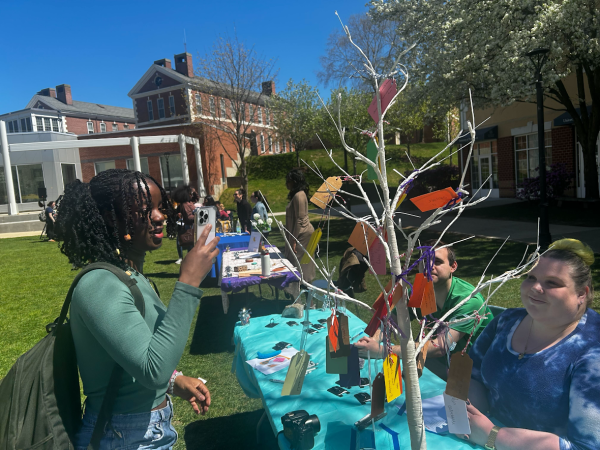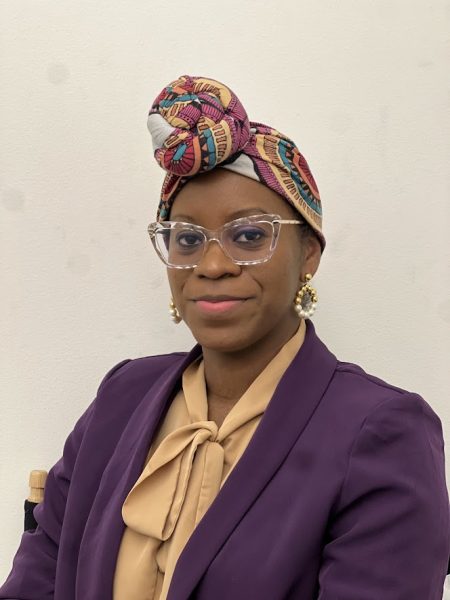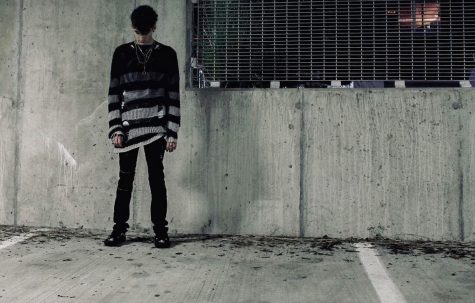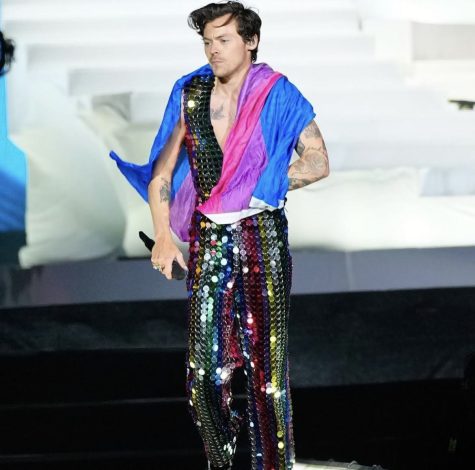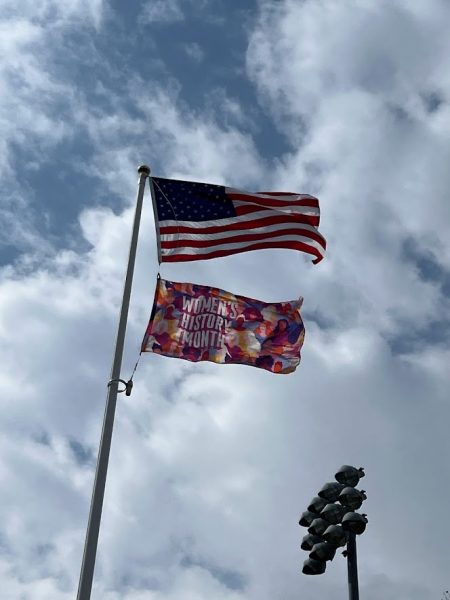Celebrating the One-Year Anniversary of “Lemonade”
Taking it back to the week of April 17, 2016, things are moving along in America for best and the worst as it always does. The primary elections were taking place with millennial-favorite candidate Bernie Sanders being gracefully glorified on social media. Prince, a musical innovator since the 80s, joined heaven with other fellow late music icons like David Bowie and Whitney Houston.
And Houston-bred diva Beyoncé had something to share with the world once again: a project to premiere on HBO simply titled Lemonade that everyone was questioning what could this be. I knew in my head as a die-hard Beyonce fan this was a sign of another album, possibly visual. Why else would she decide to keep my spirit alive — as a college student in Boston trying to survive my freshmen year — with a buzzed about performance at the Super Bowl halftime show (for the second time) with a new song/video in hand (“Formation”) and a world tour?
April 23rd saw the release of Beyoncé’s sixth solo album Lemonade that was preceded by its HBO optical film that spanned 60 minutes. The album consisted of 12 songs that saw Beyoncé make another breakthrough in her career.
Considering the retrospective of Beyoncé’s career, it seems like she (or maybe Matthew Knowles) had it all strategized out. Beyoncé has always had a musical life sans Destiny’s Child, but there was no way she could be a solo artist from the beginning in the world of R&B/Pop music in the 1997-98 period. She needed the support from other girls behind her; I couldn’t picture her alone competing with the slew of other young female R&B divas out at the time like Brandy, Mýa, Aaliyah, Faith Evans, Monica or even the burgeoning pop stars like Britney and Christina. Even if she could, she probably would’ve have carry longevity all the way to present day. So, girl group route it is.
After selling 50 million records and having several top 10 hits with Destiny’s Child, Beyoncé captured the spirit of early 2000s hip-hop influenced R&B with her debut album Dangerously in Love which burned up the pop and R&B charts. However, as the 2000s progressed into the 2010s, Beyoncé did what I think every artist should do which is to step outside their comfort zone. Sure, Beyoncé was right along with the Ciaras and Ashantis and JLos in the 2000s. However, what I think made their success die out, is not being innovative enough in their music or performance. We have already seen in the past few years; it’s hard out there in these music industry streets for pop divas over the age of 30 with over 15 years in the game as exemplified by the dismal success that Mariah Carey, Madonna & Britney Spears are having. It doesn’t help that now there are younger and social media-friendly artists out there with whom they must compete.
Beyoncé pulls through with releasing albums with unconventional music styles that blur the lines between pop, R&B, and hip-hop. She couples this not creating just records but creating moments. Moments in popular culture. She solidifies her relevancy with maintaining the duties of a not an artist but a celebrity. She also starts trends. With her fifth eponymous album that came out in 2013 without any notice until it randomly showed up, she began the movement of surprise albums.
With Lemonade, Beyoncé continued to be the unpredictable R&B artist she is but show a whole other side of her. She explored various styles of music in her songs: the ambient-whistle moodiness that is “Love Drought,” the PBR&B of “6 Inch”, the haunted-rock number “Don’t Hurt Yourself” with Jack White and the Americana-country track “Daddy Lessons.” She kept some urban aspects with the island-drenched song “Hold Up” with its dancehall air-horn in the background, the electro-thumper hit “Sorry,” the bluesy-gospel tinged “Freedom” and the New Orleans bouncer “Formation.”
Beyoncé also becomes more vulnerable as previously she’s been a pop star with a perfect life persona. She’s a woman. The album showcases her struggles as black women in America, a black woman is pro-black, women dealing with internal issues as a woman, and women dealing with marital problems. However, instead of being blatant, she uses sublimity within her lyrics and references leaving the Beyhive to investigate. Her marriage with rap mogul Jay-Z that made place them in the hierarchy of powerful Hollywood couple and be labeled as “relationship goals” fell from grace from the revelation that he cheated on her with “Becky with the hair”? We would later see another super couple be shattered in the fall of ‘16 with the split of Brad Pitt and Angelina Jolie.
The impact the album had has been significant. Many lines from the tracks have been popularized and monetized. Lemonade put the lemon emoji on the map. A Twitter spokesperson told TIME magazine “Before Lemonade; the lemon emoji had no meaning. Since the launch of Lemonade, the emoji has taken on a meaning of its own,”. Memes inspired by the album have been all over the place. Red Lobster got a boost in business because of the shout out in her lead single “Formation.” There’s even been an integration of education with Lemonade. Candice Benbow made a syllabus based on the album Meanwhile, the University of Texas; San Antonio offered a class about it in this past semester called “Black Women, Beyoncé & Popular Culture.” And of course, every celebrity or public figure had something to say about Lemonade; whether positive or negative they still were talking about it. Recently this past Grammys with Beyoncé — for the third time — losing the Album of the Year to Adele sparking conversation about black music artist’s historical issues with earning recognition from mainstream award shows.
Sure, the album was No. 1 and platinum on the charts all over the world but to be honest I can only name very few albums of last year that made a cultural impact particularly in the sphere of the internet and social media.
May Queen Carter-Bey continue to bring sunlight to the culture and be our saving grace ambassador for the post-Obama realm we live.
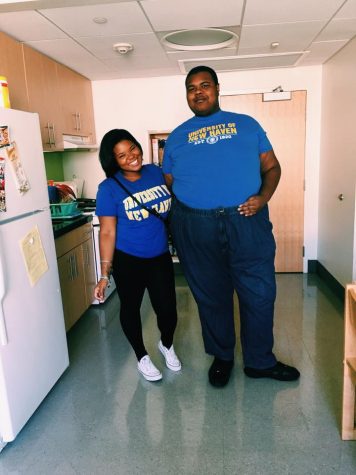
Khaaliq Crowder is a junior studying communications (journalism) with a minor in black studies. He is a contributing writer, mostly covering the Arts &...


